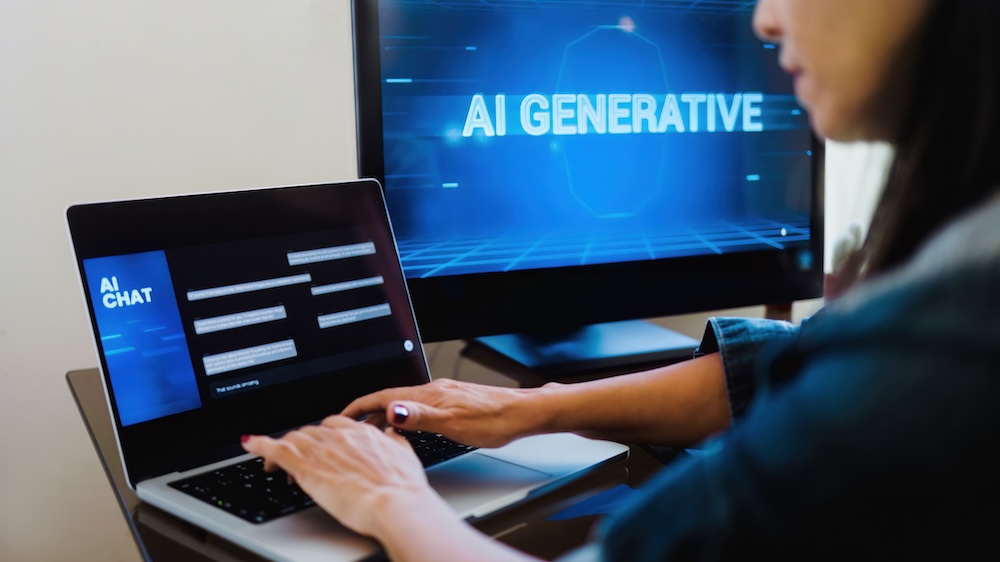The Urgency of Transparency and Accountability in AI
Artificial Intelligence (AI) is already influencing how we work, live, and solve problems. From optimizing supply chains to improving medical diagnostics, AI has the potential to reduce waste, improve efficiency, and create more sustainable systems. But without transparency and accountability, those benefits can be overshadowed by risks that harm both people and the planet.
Opaque AI decisions don’t just affect productivity—they shape hiring, resource allocation, energy use, and even climate action strategies. If we can’t see how an AI system reaches a conclusion, we can’t ensure it’s aligned with ethical, environmental, and social priorities.
The Risks of Unaccountable AI
1. Reinforcing Bias and Discrimination
AI systems learn from data, and data reflects human history—biases included. If unchecked, these biases can amplify social inequality, limiting access to green jobs, sustainable housing, or fair financing for eco-friendly businesses.
2. Job Displacement Without Safeguards
Automation can make industries more resource-efficient, but without plans to retrain workers, we risk creating economic divides that undermine community resilience—something crucial in adapting to climate change.
3. Safety, Trust, and Environmental Oversight
AI models may optimize for short-term profit instead of long-term planetary health. If we can’t audit them, we may miss opportunities to improve sustainable practices in manufacturing, agriculture, and energy.
The Benefits of Transparent and Accountable AI
1. Fairer Decision-Making for People and the Planet
Transparency makes it easier to spot bias and ensure decisions support environmental as well as social goals—for example, prioritizing renewable energy investments over fossil fuel expansion.
2. Increased Trust and Public Engagement
When people understand how AI works, they’re more likely to support initiatives that use it for environmental conservation, sustainable urban planning, and climate adaptation.
3. Stronger Collaboration Across Sectors
Open AI models encourage collaboration between environmental scientists, policymakers, and innovators, accelerating solutions to global challenges like water scarcity and deforestation.
Steps Toward Achieving Transparent and Accountable AI
1. Establish Ethical Standards and Guidelines
Include sustainability as a core AI value—not an afterthought. Ethical AI should measure success in human and environmental well-being, not just profit.
2. Support Open-Source AI and Data Sharing
Open-source systems allow communities to verify that AI models are prioritizing sustainable outcomes and not reinforcing harmful industrial practices.
3. Ensure Human Oversight
Human review is especially critical in environmental policy decisions, where short-term automation choices can have long-lasting ecological consequences.
4. Regulatory Clarity and Enforcement
AI policy must address environmental impact alongside fairness, ensuring that algorithms optimize for efficiency without compromising biodiversity, public health, or climate resilience.
Examples of Transparency and Accountability in Action
Explainable AI in Agriculture
Transparent models can guide farmers toward regenerative practices—optimizing irrigation, reducing pesticide use, and preserving soil health.
Renewable Energy Forecasting
Open AI systems can forecast renewable energy generation more accurately, enabling better grid management and reducing reliance on fossil fuels.
Climate Adaptation Planning
AI-driven urban models can map heat islands, flood risks, and air quality trends, with transparency ensuring data is used for equitable climate resilience.
The Future of Work with Transparent AI
AI will shape not only the jobs we do but also the industries that thrive. Transparent AI can help ensure green jobs aren’t just a niche category—they become a core part of economic growth.
Protecting Workers in the Green Economy
Fair AI ensures that hiring for renewable energy, sustainable construction, and eco-tech is inclusive and equitable.
Balancing Efficiency with Environmental Ethics
Automation can improve efficiency in manufacturing and logistics, but without oversight, it may also drive unsustainable consumption.
Supporting Lifelong Learning for Sustainability Skills
Transparent AI can guide upskilling programs, equipping workers with knowledge for green careers that are future-proof and climate-resilient.
Final Thoughts
The future of work will be defined not just by AI’s capabilities but by its values. Transparent and accountable AI can safeguard fairness, build trust, and align technological progress with environmental stewardship.
If we want AI to be a tool for lasting progress, it must be designed to protect human dignity and planetary health in equal measure. Every algorithm, policy, and innovation should pass a simple test: Does this serve both people and the planet? The sooner we make that the standard, the better our shared future will be.








